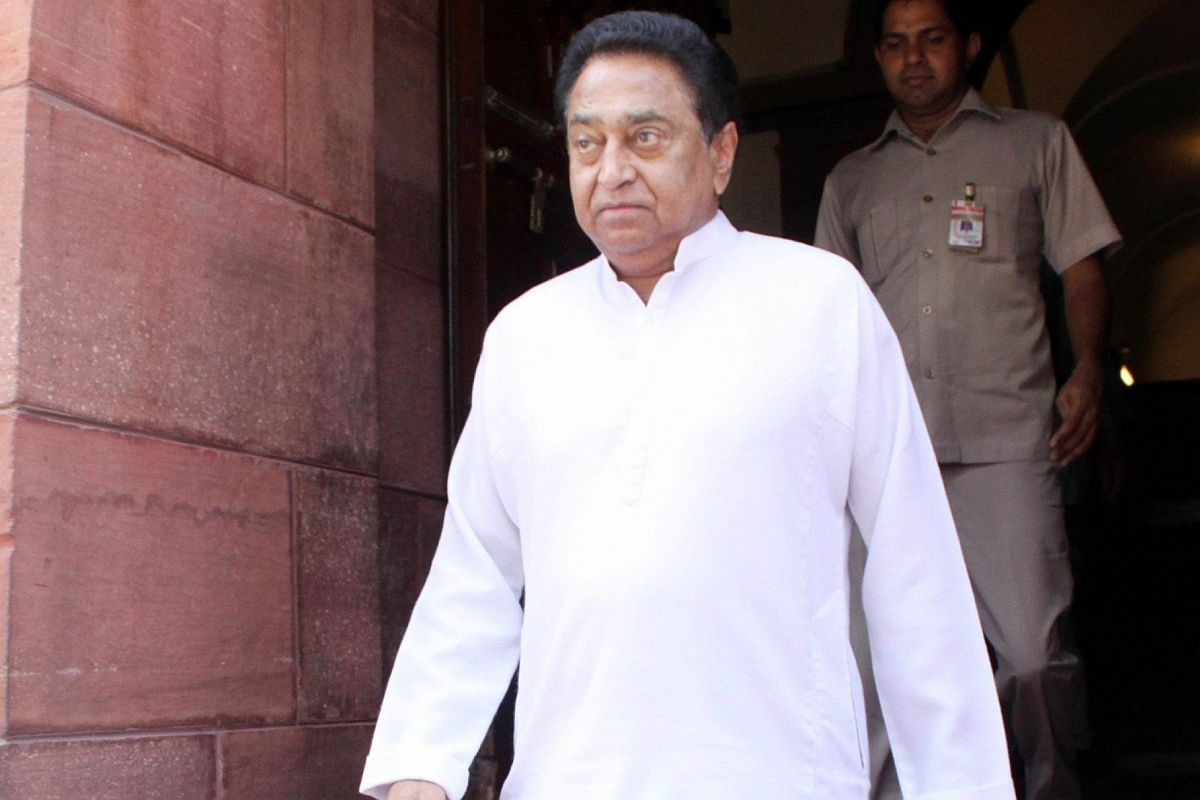LS poll campaign: PM Modi to hold public meetings in MP, UP today
Prime Minister Narendra Modi will campaign in Madhya Pradesh and Uttar Pradesh on Thursday for the Lok Sabha elections.
Earlier, Congress MLA Arif Masood demanded that the chief minister reject the amended Citizenship Act (CAA) as well as proposed country-wide National Register of Citizens (NRC).

Madhya Pradesh Chief Minister Kamal Nath (File Photo: IANS)
Madhya Pradesh Chief Minister Kamal Nath, in an indication that he will not implement the new citizenship law in the state, has said that the new legislation is “divisive” in nature and “against the spirit of the Constitution”.
He also sought to know why Prime Minister Narendra Modi did not hold talks with chief ministers before the Citizenship (Amendment) Bill was drafted.
“I am deeply hurt that Prime Minister Narendra Modi and the central government did not even call the chief ministers for a talk on such an important issue before drafting the CAB,” Nath said in a statement issued in Bhopal, late Friday night.
Advertisement
“The Congress party has been of the view from the beginning that any move aimed at dividing the Indian culture and society is against the spirit of the Constitution and is unacceptable to it. The Congress party’s stand would be our stand in Madhya Pradesh,” he added.
Earlier, Congress MLA Arif Masood demanded that the chief minister reject the amended Citizenship Act (CAA) as well as proposed country-wide National Register of Citizens (NRC).
Masood, the MLA from Bhopal Central consituency, told reporters on Thursday night he would resign as legislator if the demand was not fulfilled.
President Ram Nath Kovind, in a late Thursday night order, gave his assent to The Citizenship (Amendment) Bill, 2019, letting it become an Act allowing Indian citizenship to six non-Muslim minority migrants facing religious persecution in Pakistan, Bangladesh and Afghanistan.
According to the Act, members of Hindu, Sikh, Buddhist, Jain, Parsi and Christian communities, who have come from Pakistan, Bangladesh and Afghanistan, till December 31, 2014, facing religious persecution there, will not be treated as illegal immigrants but given Indian citizenship.
Advertisement